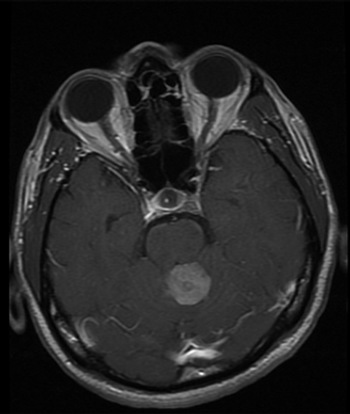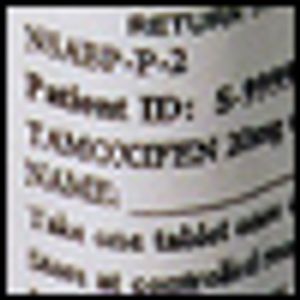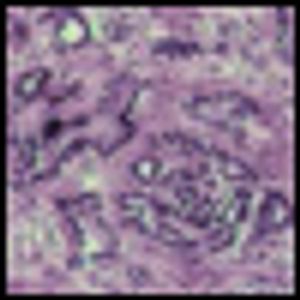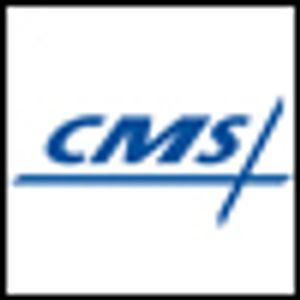
Head and neck cancer patients who have a human papillomavirus (HPV) infection detectable with a blood-based biomarker have a better prognosis compared with HPV-negative patients.

Your AI-Trained Oncology Knowledge Connection!


Head and neck cancer patients who have a human papillomavirus (HPV) infection detectable with a blood-based biomarker have a better prognosis compared with HPV-negative patients.

An individual’s clinical risk factors could help guide skin cancer screening and identify those at high risk for melanoma who could benefit from increased surveillance.

Stratifying breast cancer patients by chemotherapy and genetic susceptibility, researchers were able to identify patients at high risk of venous thromboembolism.

The occurrence of colon cancer on the right vs left side of the colon is a prognostic factor for all stages of the disease.

Use of tamoxifen and aromatase inhibitors therapy during and after breast cancer treatment were found to reduce the risk of contralateral breast cancer in a community healthcare setting.

Androgen deprivation therapy (ADT), a mainstay of treatment for men with prostate cancer, may raise the risk of dementia, according to a new study.

Patients diagnosed with early-stage lung cancer who are also diagnosed with depression have an increased risk of mortality, according to a prospective, observational study.

The human papillomavirus (HPV) vaccine reduces the incidence of pre-cancerous cervical intraepithelial neoplasia (CIN), according to a population-based study in New Mexico.

Colonoscopy screening is modestly effective for preventing colorectal cancer in patients aged 70 to 74, but the benefits may begin to diminish after that.

Men who have vasectomies do not have a higher risk of prostate cancer and are not more likely to die from the disease, according to a large, prospective study.

Lack of knowledge and a belief that dark skin protects against skin cancer are among the barriers preventing minority, uninsured, and immigrant populations from adopting methods for skin cancer prevention.

While survival at 10 years was nearly identical (close to 99%), a new study found that localized prostate cancer is more likely to metastasize in men receiving active surveillance compared with those who have surgery or radiation therapy.

Chronic sinusitis is associated with three rare types of head and neck cancer, including nasopharyngeal cancer, HPV-related oropharyngeal cancer, and nasal cavity and paranasal sinus cancers.

The presence of DCIS adjacent to invasive breast tumor and a younger age at diagnosis are associated with increased risk of ipsilateral breast tumor recurrence.

Cancer screening recommendations for organ transplant recipients are inconsistent across international clinical practice guidelines, according to a new study.

Pooling data from four large studies of African American women, researchers found that vigorous exercise for 2 hours or more per week could reduce the risk of ER-positive breast cancer.

A new study has found that negative expectations increase both the severity and number of side effects experienced by breast cancer patients undergoing hormone therapy.

A new study found that 86% of NCCN guideline authors had at least one reported financial conflict of interest.

Breast density and breast cancer risk can help guide mammography screening recommendations for women older than age 50 years.

Three medical organizations including ASCO have issued a guideline on margins in breast conserving surgery for patients with ductal carcinoma in situ.

Women with ER-positive metastatic breast cancer previously treated with an aromatase inhibitor have worse survival outcomes if their tumor harbors one of two estrogen receptor mutations.

Patients with different molecular subtypes of medulloblastoma, a common type of childhood brain tumor, have varying decline in brain function following radiation therapy for their disease.

Determining the presence of AR-V7 in prostate cancer patients could potentially save the US healthcare system $150 million each year by preventing unnecessary treatment.

Robot-assisted and open radical surgeries for prostate cancer have similar outcomes for patients at 3 months, according to clinical trial results.

A recent study found that radiologists differ in their interpretation of whether a woman has dense breasts based on mammography.

ALK-targeting agents such as crizotinib may work most effectively in lung cancer patients with ALK variant 1.

Acupressure, a technique derived from acupuncture, helped improve sleep and relieved chronic fatigue experienced by women treated for breast cancer.

Adding the antipsychotic drug olanzapine to a standard antiemetic regimen significantly improved prevention of nausea caused by emetogenic chemotherapy.

Researchers have uncovered a potential role of the bacteria found within breast tissue in the prevention and progression of breast cancer.

Higher than average PSA levels in middle age may be predictive of a higher risk of lethal prostate cancer later in life.

Published: March 15th 2011 | Updated:

Published: March 29th 2011 | Updated:

Published: March 31st 2011 | Updated:

Published: April 4th 2011 | Updated:

Published: April 5th 2011 | Updated:

Published: April 12th 2011 | Updated: